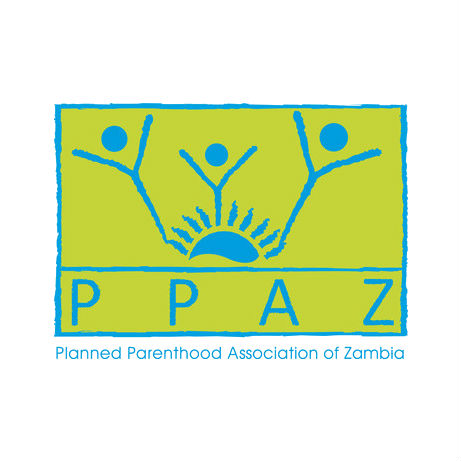

| 31 March 2016
Family Planning Organization of the Philippines
The Family Planning Organization of the Philippines (FPOP) is the largest and most prominent non-governmental family planning organization in the Philippines. It seeks to secure universal access to quality family planning information education and services, with a view to enabling people to make active personal decisions about their sexual and reproductive health (SRH). FPOP aims to mobilize public support for the individual’s right to practise family planning and as a result, a major target is young people. Additionally, there is a real need in the Philippines for men to take a more active role in family planning and parenting, and FPOP is at the forefront of developing and implementing strategies to achieve this objective. It operates more than 1,100 services points, including 29 permanent and 27 mobile clinics and has a network of over 1,000 community-based distributors/community-based services (CBDs/CBSs). Clinics provide voluntary surgical contraception, reversible contraception, medical and laboratory services, and fertility awareness advice. The delivery models which FPOP has developed have been adopted and replicated by public health authorities, and FPOP has significant advisory input to the national SRH policy agenda. Website: www.fpop1969.org

| 31 March 2016
Planned Parenthood Association of Zambia
The Planned Parenthood Association of Zambia (PPAZ) was created in 1972. Then, it was dedicated to the promotion of family planning services. Over the years, it has evolved into a major service provider and advocacy body, with significant input into government policy on sexual and reproductive health (SRH) issues. Services offered include family planning, voluntary counselling and testing (VCT) for HIV, the treatment of sexually transmitted infections (STIs), antenatal and post-natal care, emergency contraceptive provision, laboratory tests, and screening. PPAZ refers clients on for additional services including prevention of mother-to-child transmission (PMTCT), antiretroviral treatment and home-based care. The organization operates 3 static clinics, 11 mobile units and 10 community-based services (CBSs). It has a full-time staff of 34, backed by 1,300 volunteers which include over 200 community-based distributors (CBDs) and 398 peer educators. In total, PPAZ runs 229 service points. PPAZ places a strong emphasis on HIV and AIDS prevention and treatment: as the statistics show, HIV prevalence rates are exceptionally high in Zambia. PPAZ has worked intensively on integrating gender and empowerment perspectives into HIV prevention. It has undertaken behaviour change communication projects directed at young people, both in and out of school settings, and it’s taken similar projects out to rural communities. PPAZ partners extensively with non-governmental organizations (NGOs), particularly those involved in youth and HIV and AIDS work. It receives financial support from Care international, UNICEF, the Japanese Organisation for Cooperation in Family Planning (JOICEP), Forum RFSU and IPPF’s Japan Trust Fund. Contacts Website: www.ppaz.org.zm Facebook: https://www.facebook.com/groups/137992098191/







